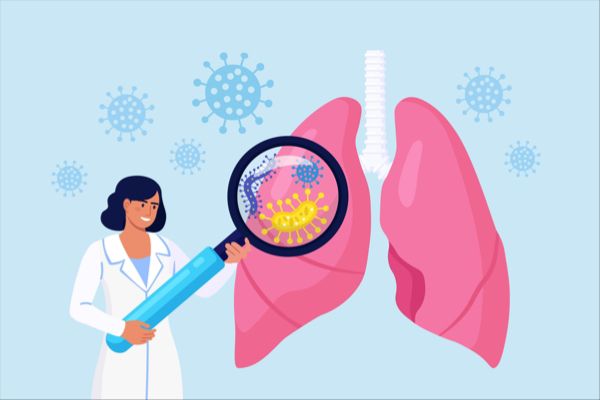What is GBS? And what causes GBS?
Guillain-Barré syndrome (GBS) is a rare disorder in which a person’s own immune system damages the nerve cells, causing muscle weakness and sometimes paralysis. GBS can cause symptoms that last for a few weeks or several months. Most people recover fully from GBS, but some people have permanent nerve damage. In rare cases, people have died of GBS, usually from difficulty with breathing. In the United States, for example, an estimated 3,000 to 6,000 people develop GBS each year on average, whether or not they received a vaccination. This is about 1 to 2 cases of GBS per 100,000 people.
Scientists do not fully understand what causes GBS, but it is believed that stimulation of the body’s immune system may play a role in its development. Here’s what scientists know for sure: About two-thirds of people who develop GBS symptoms do so several days or weeks after they have been sick with a diarrhea or respiratory illness. Infection with the bacterium Campylobacter jejuni is one of the most common risk factors for GBS. People can also develop GBS after having the flu or other infections (such as cytomegalovirus and Epstein Barr virus). On very rare occasions, they may develop GBS in the days or weeks following receiving a vaccination.




